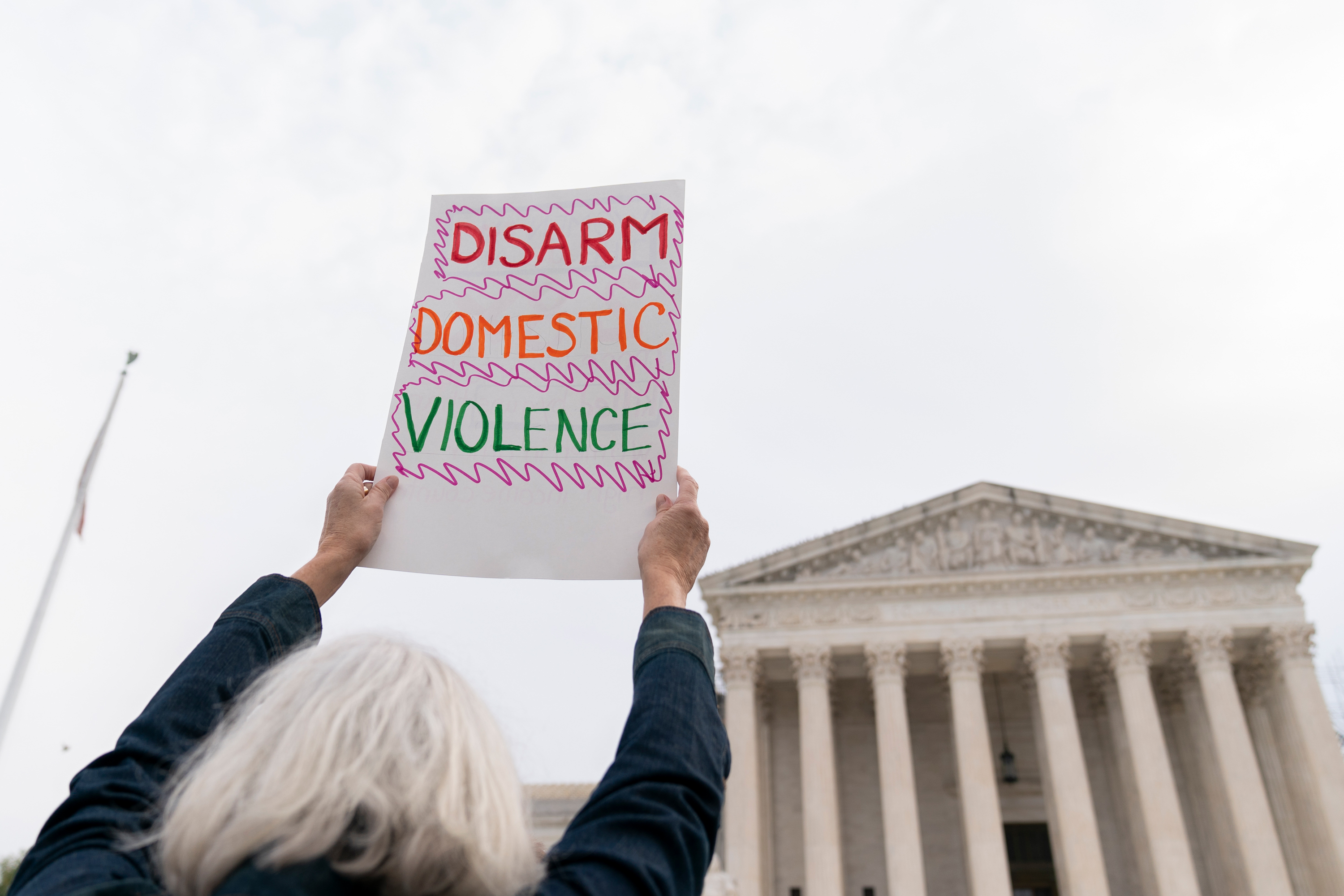Justice Elena Kagan, in the minority of last year’s Bruen ruling, gets to a key point that since it came down, lower courts have been confused to say the least on what it means.
She asked Prelogar directly for “useful guidance” SCOTUS can give “about the methodology that Bruen requires be used and how that applies to cases even outside of this one?"
Prelogar suggested three things the court can do.
First, lower courts have “embraced the idea that the only thing that matters under Bruen is regulation. In other words, you can't look at all of the other sources of history that usually bear on original meaning.”
Second, courts don’t know how deep to go when it comes to matching historical evidence.
“Court after court has looked at the government's examples and picks them apart to say well, taking them one by one, there's a minute difference between how this regulation operated in 1791 or the ensuing decades and how section 922 provisions operate today,” Prelogar said.
“And I think that comes very close to requiring us to have a dead ringer when Bruen itself said that's not necessary. The way constitutional interpretation usually precedes is to use history and regulation to identify principles, the enduring principles that define the scope of the Second Amendment right. And so we think that you should make clear the court should come up a level of generality and not nitpick, but the historical analogues that we're offering to that degree.”
Third, the administration believes that courts are putting too much emphasis on the lack of a law from the founding-era as meaning that one can’t be imposed.
“Courts are placing dispositive weight on the absence of regulation in a circumstance where there's no reason to think that that was due to constitutional concerns,” Prelogar said. “So for example, here we don't have a regulation disarming domestic abusers. But there is nothing on the other side of the interpretive question in this case to suggest that anyone thought you put in disarm domestic abusers or couldn't disarm dangerous people.”
